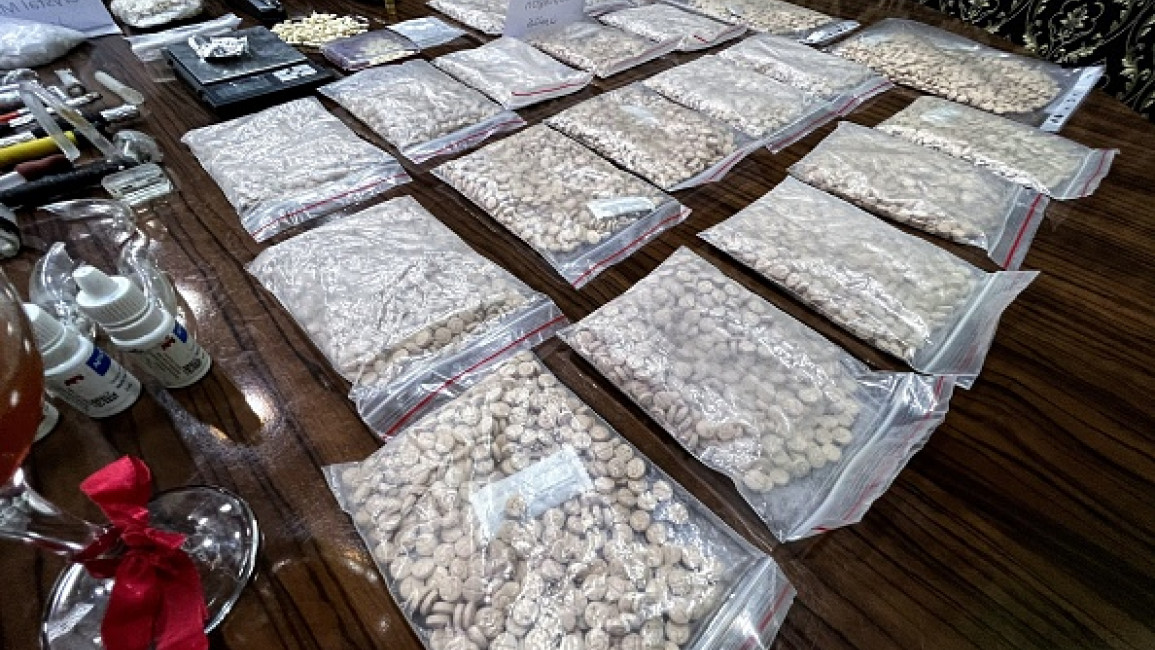US names Assad's cousin as 'key producer' of captagon in Syria as it unveils new plan to target 'Assad regime-affiliated trafficking network'
The US State Department unveiled on Thursday its new strategy to combat the production of captagon by the Assad regime in Syria.
In a document entitled ‘Report to Congress on A Written Strategy to Disrupt and Dismantle Narcotics Production and Trafficking and Affiliated Networks Linked to the Regime of Bashar al-Assad in Syria’, the US lays out a four-pronged strategy against the amphetamine-like drug that is mass produced in Syria.
Assad's production of captagon could be worth around $30 billion on its current trajectory, which is almost 50 times the size of Syria’s total legal exports.
The first part of the US plan is to provide diplomatic and intelligence support to law enforcement investigators. This includes US law enforcement agencies working to identify key individuals involved in the captagon trade to coordinate with affected countries. It will also involve the State Department providing financial incentives to individuals who provide evidence that leads to the arrest and conviction of captagon traffickers.
The second part of the plan is to use targeted sanctions and other financial tools to disrupt the efficiency of what the document calls the “Assad regime-affiliated trafficking network”. This will not require the introduction of new sanctions, but rather the use of existing ones, including the Caesar Act, to hold “elements of the Assad regime accountable for their involvement in captagon trafficking”.
The plan identifies by name Samer Kamal al-Assad, who is the cousin of Bashar al-Assad, as being already under sanctions, along with five other individuals, for the production and facilitation of captagon in Syria.
The third element of the US approach is foreign assistance and training to partner countries. This will mostly involve the US providing assistance and training to Jordan and Lebanon to stem the flow of captagon from Syria into the countries, which are usually 'warehouses' for its shift into the Gulf or Europe. This will involve a host of US agencies working with Lebanese and Jordanian military and law enforcement on the area of border security.
It will also include global coordination with both states and institutions to build global tools to share intelligence on the Assad regime-linked captagon network.
The fourth component of the US strategy is to use “diplomatic engagements and public messaging to exert pressure on the Assad regime” to curtail captagon production. This includes working with partners to hold the Assad regime to account for a host of illicit and criminal activities, including captagon production and trafficking, highlighting its destabilising effect on the region.
Though it does not mention them by name, the report finishes by seemingly taking aim at UAE and Saudi attempts to normalise Assad, saying: “the Department of State … will continue to … highlight the regime’s involvement in the captagon trade and reiterate the United States’ belief that the Assad regime has not done anything to deserve normalization or reconstruction in regime-held areas of Syria.”



